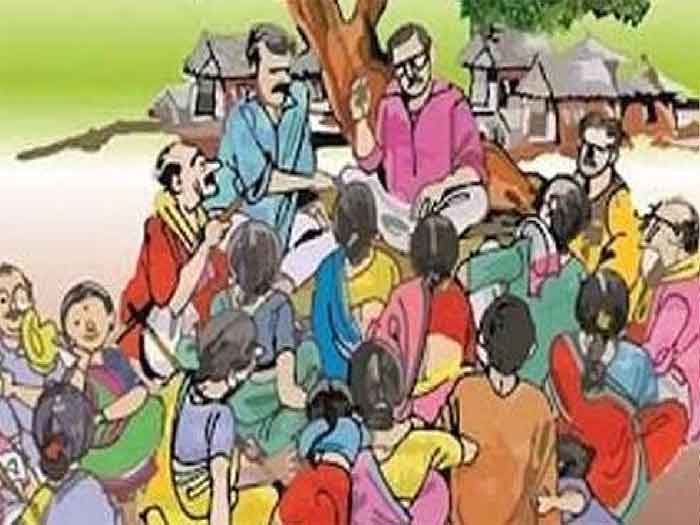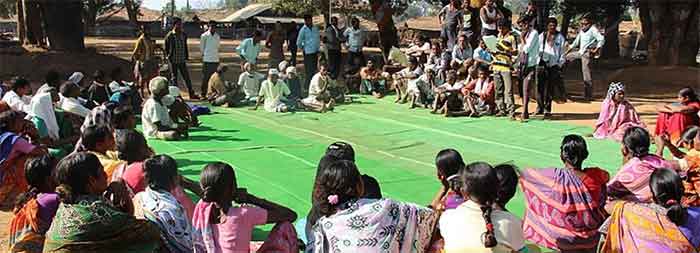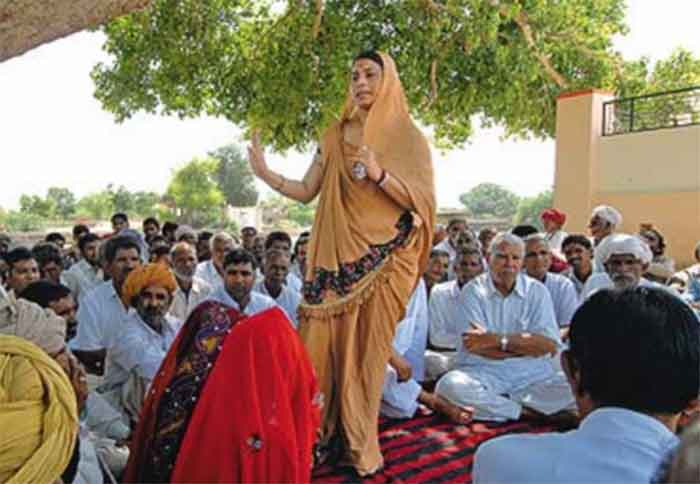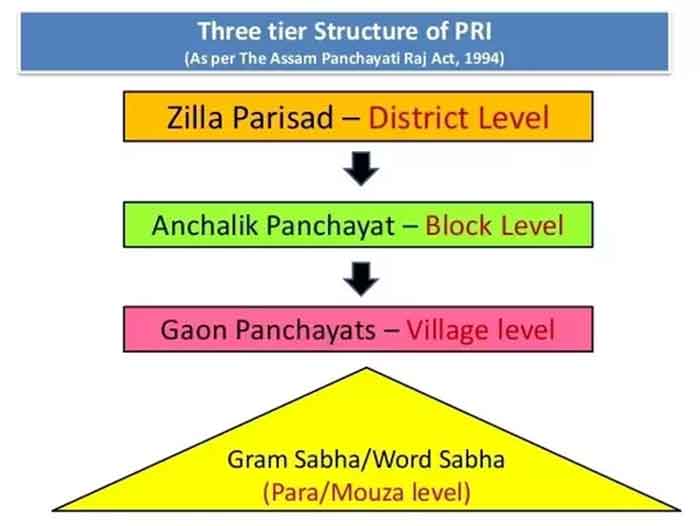
The widespread violence, threats and malpractices seen this month in the election first for district panchayat Presidents and then for block pramukhs in the panchayati raj ( PR , rural decentralization) elections in Uttar Pradesh should be an eye opener. This is a far cry from the vision of rural decentralization seen first by Mahatma Gandhi and his colleagues in the freedom movement, then by those who created the Constitution of India and finally by those who brought in the 73rd amendment for strengthening P.R. in India.
Clearly some important reforms in India are needed for improving P.R. so that the possibilities for violence and corruption as well as other malpractices can be minimized if not eliminated. In fact such reforms are long overdue. Of course he structure and functioning of P.R. is not the same in all states of India, and in fact even within a state may differ in some parts. Nevertheless some common reforms may be considered to be useful for wide areas ( in some areas these may have already been introduced to some extent).
Firstly it appears that at all the three tiers of P.R. ( village, block and district ) the head person has been made too strong while some other elected representatives lack adequate powers and clarity of control. So there should be clearer and wider sharing with all representatives at all three levels.
Secondly the practice of indirect voting for block pramukh and district panchayat president should be discarded. In states like Uttar Pradesh they are elected at present by a relatively small number of other members who have been elected in an earlier phase of P.R. elections by villagers. As the number of voters who elect them is seen to be small enough by very powerful persons to manipulate them by using money and muscle power, corruption and violence has been quite frequent in this phase of elections even earlier, even though this time this appears to have been much in excess of earlier times.
Hence the existing system can be replaced by a new system in which the district panchayat presidents and block pramukhs too are elected directly by all villagers of their area with direct voting. There is more than one practical way of introducing this change, and whatever method is more suitable and practical for a state can be used by it.
Thirdly, at all levels the panchayati raj system has to become more transparent and participatory, with in-built systems, such as regular, properly conducted social audits of development works and welfare schemes. The right to information should be implemented in a better and stronger way to facilitate this.
As a part of this the gram sabha, or the assembly of all adult villagers, should be strengthened . Special steps should be taken to ensure that women and other weaker sections are not left behind in this participatory effort.
While it is heartening that reservations have ensured the adequate representation of women and weaker sections at various levels of P.R. , the same cannot be said unfortunately of the actual opportunities they get of making their voice heard in practice. True, some women have made such a great contribution to their panchayats that this is nothing short of a social revolution in the areas of their work. Similarly some representatives from weaker sections including scheduled castes and tribes have also made a very remarkable contribution. Hundreds of such success stories are available at national level. Nevertheless the overall reality can still be discouraging in several respects as there are even more examples of male family members assuming real charge in the name of women ( for whom the seat may be reserved) and cases of elected members from weaker sections being humiliated and insulted are reported from time to time, while cases of isolating, neglecting or trying to dominate them are more numerous. Perhaps some more safeguards can be introduced to provide for more effective role for women and weaker sections at all levels, from gram sabha to district panchayat level.
A related aspect is that of special provisions for scheduled areas in the form of PESA law or extension of panchayati raj to scheduled areas law. This has many important provisions for strengthening the gram sabha and had brought much hope to tribal communities in India at one time. Unfortunately this has not generally been implemented in the right spirit. Hence steps should be taken to improve implementation of PESA law.
Reform of P.R. along these lines will contribute much to strengthening and improving rural decentralization in India, while also minimizing various malpractices. With these reforms, the capacity of P.R. institutions to handle higher budgets with greater integrity and in accordance with real needs will also improve.
Bharat Dogra is a journalist and author. His recent books include Man over Machine ( Gandhian Ideas for Our Times).












































